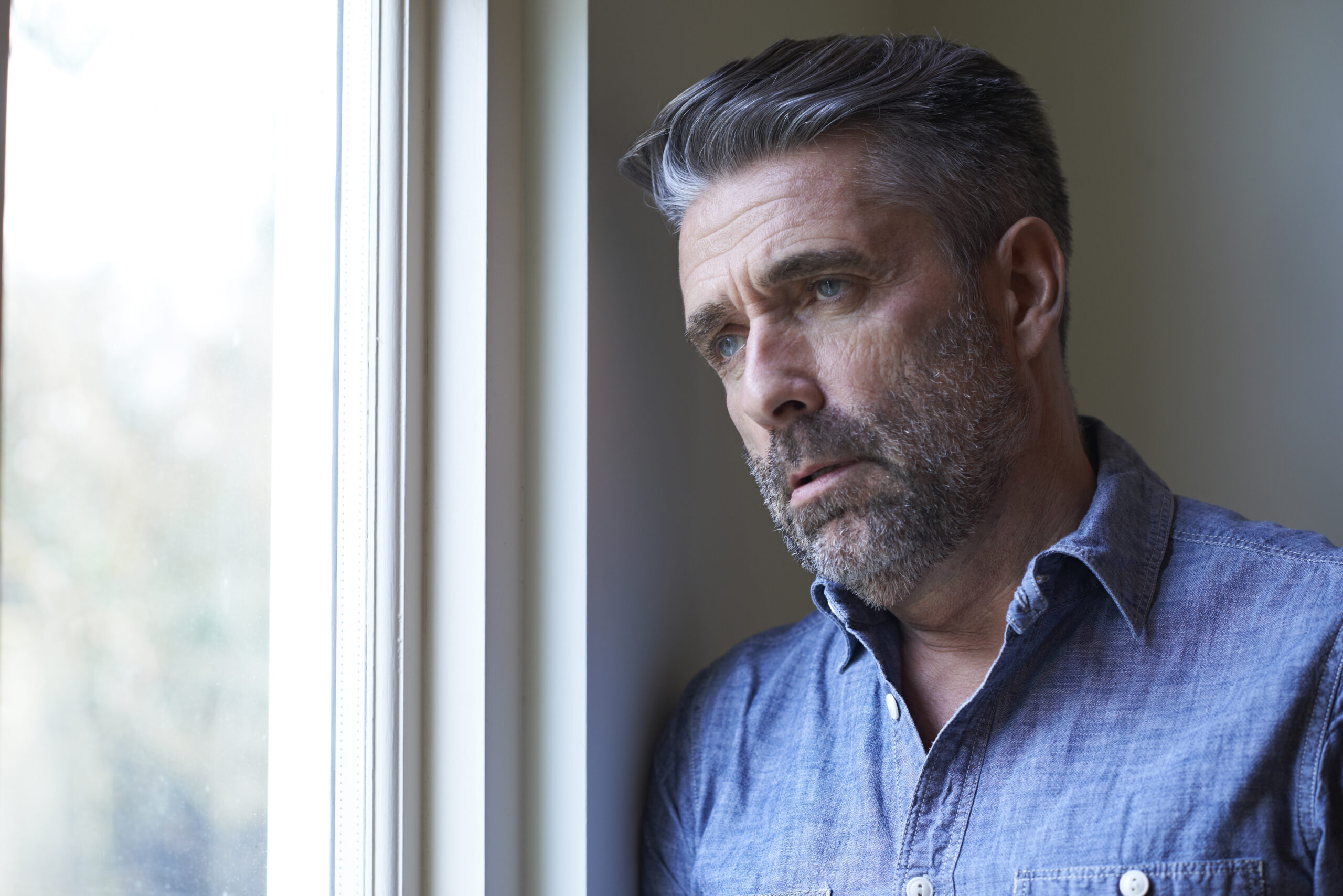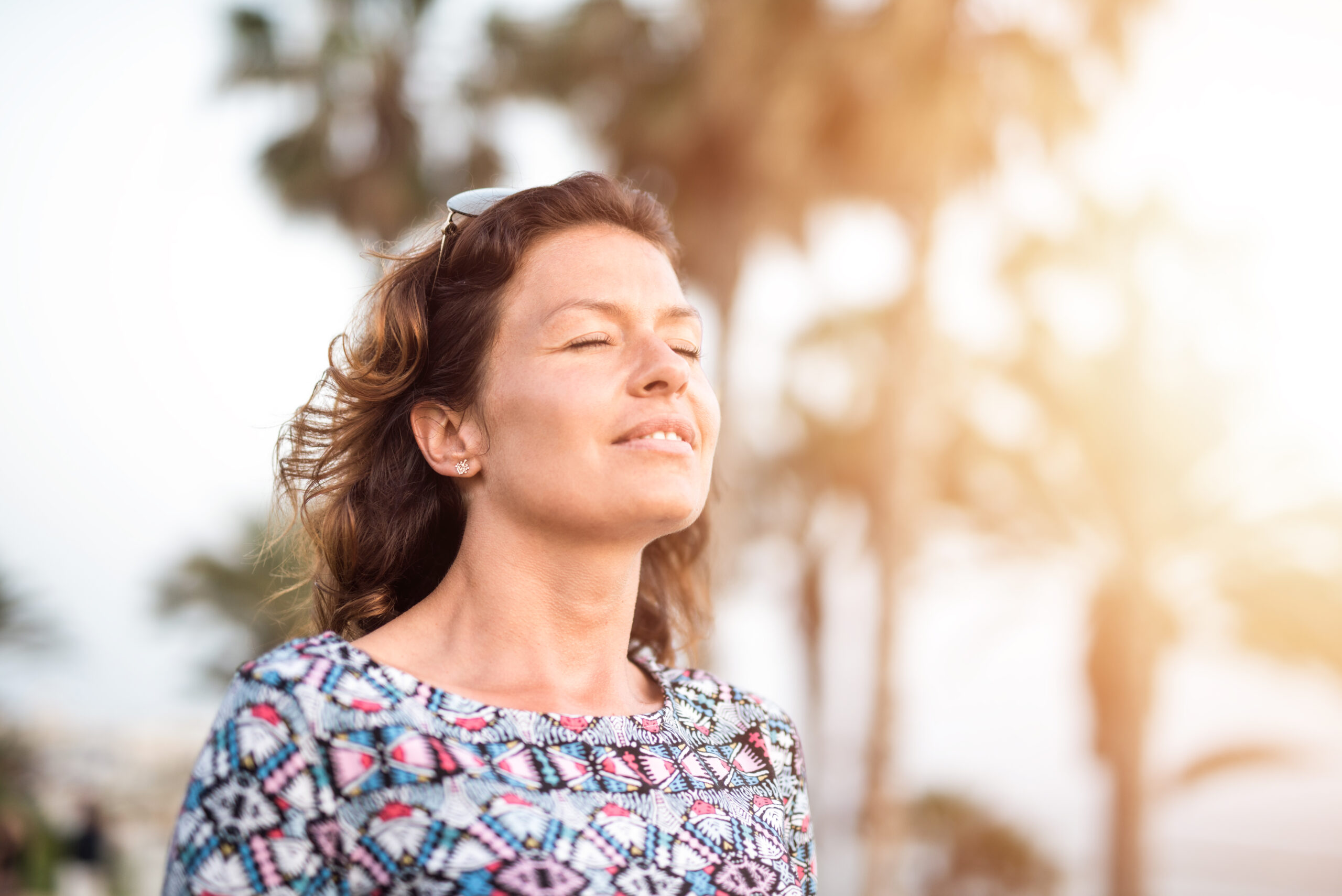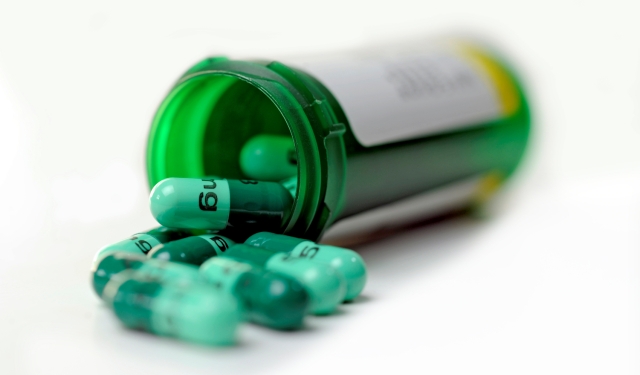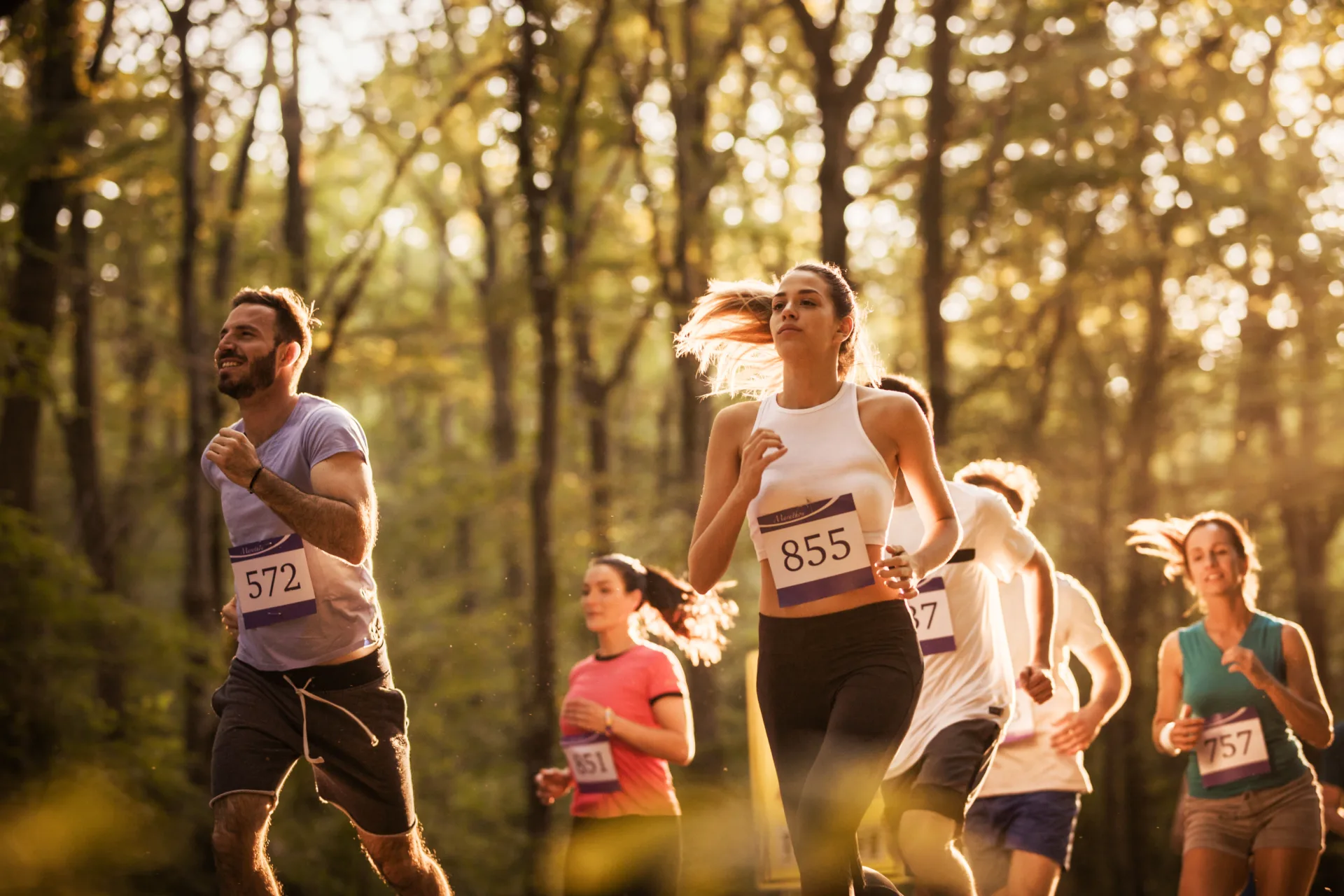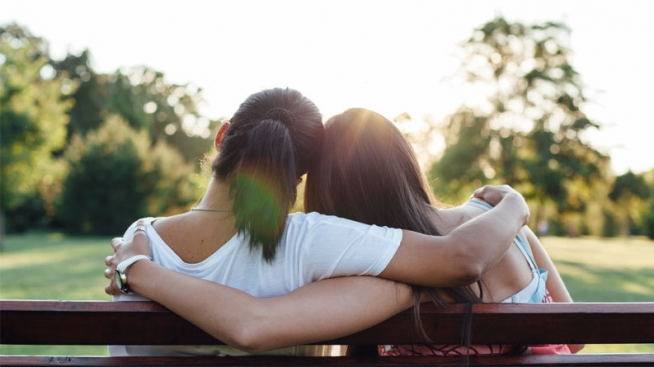
Relapse Happens. Here’s How to Get Back on Track.
Relapse is, for many people, a part of living in recovery from addiction. The chronic nature of addictive disease means that the threat of relapse is always there.
Relapse can be terrifying. It can make you feel ashamed and angry. But it’s important to know that if you have relapsed, it doesn’t mean that all the work you’ve done in addiction treatment is lost, or that you’re back to square one. Relapse rates for addiction are similar to other chronic medical illnesses such as diabetes, hypertension, and asthma, according to the National Institute on Drug Abuse.
If you’ve started using drugs and alcohol again, here are specific steps you can take to get back on the path of sobriety, health and happiness.
Seek out support.
Immediately seek out nonjudgmental support from people who care. Let your sponsor know you relapsed. Attend the next support group meeting you can get to. Contact your therapist or counselor.
It will be difficult to admit to your family and friends that you’ve relapsed, but you need their love and support at this time too. Surrounding yourself with others who understand your struggle and will provide encouragement and support is important to helping you get back on the track.
Figure out what led to the relapse.
Was it stress? Emotional upset due to a break-up, workplace conflict, illness or financial difficulties? Are dual disorders such as depression and bipolar disorder well managed or are symptoms flaring? Did you allow yourself to be put into compromising or triggering situations without an exit plan? Were you sleeping well and eating well?
In addition to considering the external circumstances, consider the specific emotions that moved you toward relapse and away from sobriety. Those emotions may include anger, mood swings, anxiety, frustration or isolation.
Go over what happened and the signs that relapse was coming, so that you can have a strategy for coping with these triggers or avoiding them if possible in the future.
Get rid of temptation.
Throw away any alcohol or drugs still hanging around. If you’re not sure you can do it, ask your sponsor or a trusted family member or friend to do it for you.
Break out your relapse prevention plan.
If you went through addiction rehab, you most likely have a relapse prevention plan. This action plan includes specific steps to take if you are about to relapse, or emergency steps to take if you have relapsed. The plan may include information about self-care, such as exercise, yoga, and avoiding isolation. Go back to practicing self-care as soon as you can. The plan may also advise you to contact your therapist or counselor at your addiction treatment center – do this.
Don’t beat yourself up.
Relapse isn’t something anyone likes to talk about or admit, but it’s common for people to relapse, and often more than once. Recovery has to be maintained and managed for many years, potentially over a lifetime. It can be difficult to keep up the right level of attention to your mental and physical health, trigger avoidance and motivation to stay on the right path without ever slipping up. After a relapse, keep in mind that today is a new day. If you take that first step toward fixing the things that have gotten out of whack and returning to sobriety, you will find people who want to help you get there.
Remember, no one is a lost cause.
Relapse can be incredibly discouraging for people who have worked so hard to put drugs or alcohol behind them. It can also be very dangerous, particularly if the drugs being abused were prescription opioids or heroin. Don’t give up on yourself. If you are still breathing and willing to try, you can regain your sobriety and get back to healing and recovery.



